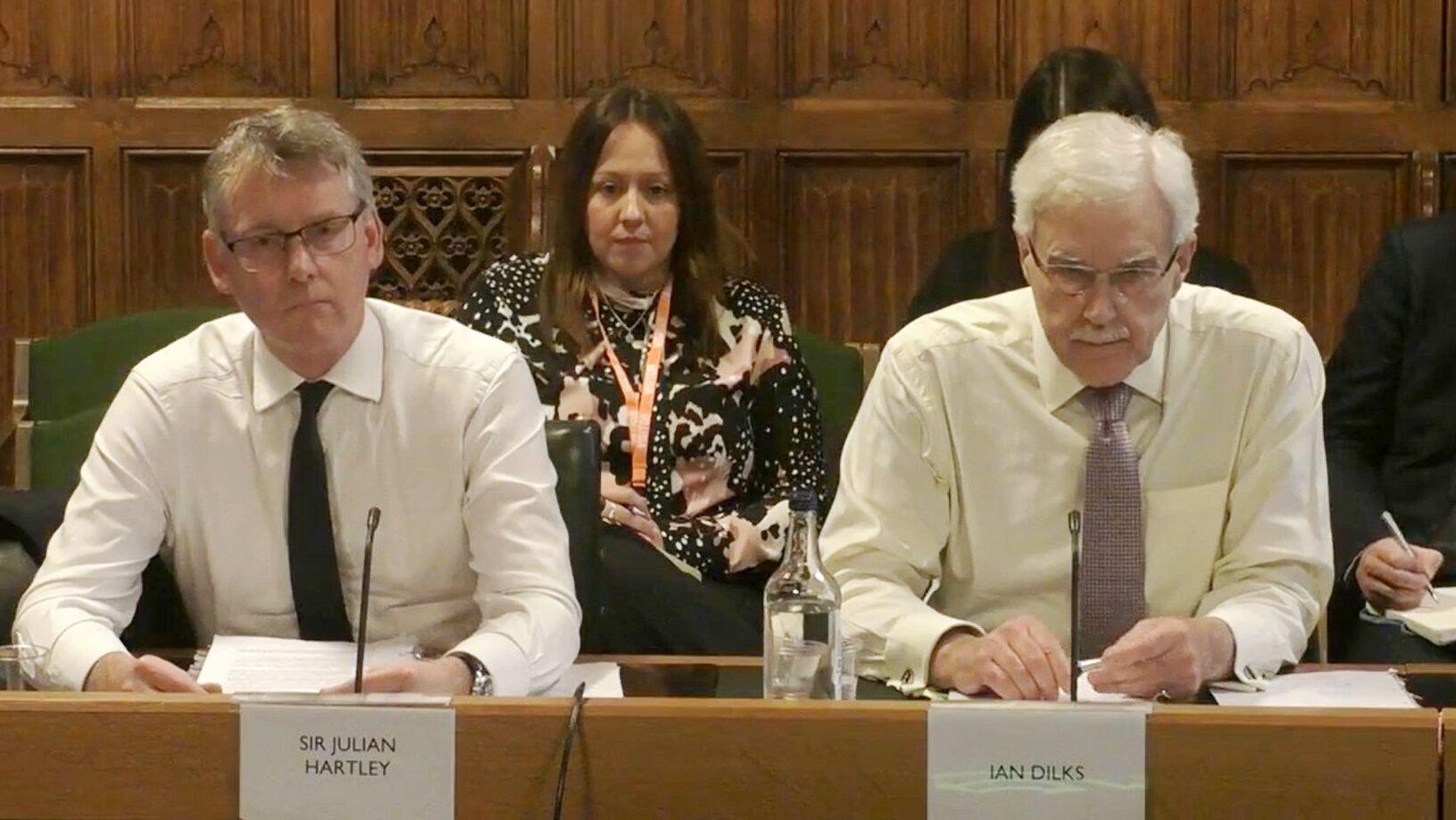Redundancy: finding the right way out
When redundancies loom, everyone’s situation is different. One MiP member tells us about how the union worked to get an outcome that suited him.

With restructuring a fact of daily life in today’s NHS, MiP always works to avoid compulsory redundancies and maximise opportunities for redeployment. But sometimes it’s also your union’s job to negotiate with your employer to make sure you can leave the organisation in a way that works for you.
“The first thing I ask the member is what they want to achieve out of the situation,” says MiP national officer George Shepherd, who looks after members in East London and the East of England. “Before I talk to the employer, we talk through all the options, go through the pluses and minuses, and I help them to come to a clear decision.”
Martin (not his real name), a director working for a large NHS trust, faced years of uncertainty over his future following the appointment of a new chief executive in 2015. “Any new chief executive wants to put their own stamp on an organisation, and he identified changes which didn’t fit with the existing structure,” Martin explains. “So individuals were asked to be flexible and make some – supposedly temporary – changes to move towards the plan the chief exec desired.”
It was clear there would be fewer posts at Martin’s level, but the trust initially promised that no one would be made redundant. “I knew something was going to happen, and I clearly wasn’t going to remain in my substantive post,” says Martin. “So, I’ve been doing all sorts of projects and God knows what else in between, which isn’t exactly great for one’s mental health.”
George supported Martin and several other members through the two and a half years it took the trust to implement its new structure. “The management group at the trust has been continually hacked over, with restructures, regrading and titles being taken away,” George explains. “So I’ve been fire-fighting on their behalf… and we’ve had some good results though negotiation.”
In the spring of this year, the trust formally notified Martin that he was “at risk” of redundancy. He was placed in a pool of staff to be made redundant by September if suitable alternative employment could not be found.
The timing presented a big problem for Martin. “In the worst case scenario – if I didn’t find another permanent job – I wanted to be able to take the redundancy and maintain some sort of income by accessing my pension,” says Martin. But under the rules of the 1995 pension scheme, that wouldn’t be possible until his 50th birthday – four months after the redundancies were due to take place.
George saw an opportunity to strike a bargain. As well as unfairly keeping staff in limbo before going back on its promise of no redundancies, the trust also appeared to have breached its own procedures in several ways – not least by including seconded staff in the redundancy pool, making it less likely that suitable posts could be found for permanent staff like Martin.
In talks with the trust, George and Martin were able to use this as leverage to negotiate a deferment of Martin’s redundancy for four months. “I told the trust they were going to have a fierce legal battle on their hands if they didn’t come to an amicable resolution,” George explains. “And we felt we had a very strong moral case because of how unfairly Martin and the other staff had been treated.”
Martin adds: “We were aware that the organisation was being heavily scrutinised externally and wanted the restructure to go through without much challenge or difficulty.” “George was very good at saying to them, ‘You’ve got someone here with an exemplary record for 30 years, why wouldn’t you want to do this the easy way and afford them an extra few months?’”
Martin says support from MiP not only helped him to get the outcome he wanted, but helped him to decide what the right outcome was. “You’ll have an honest conversation with George – he’ll help you determine what the reality is, and then he’ll go into bat for you… So you can manage your situation in a much more balanced and coherent way than if you were unrepresented.”
If you have any concerns about your redundancy entitlement, contact your MiP national officer for advice.
Related News
-

The inspector falls: why the CQC needs a fresh start
After years of chaos, the Care Quality Commission urgently needs to rebuild trust and credibility with the public and the services it regulates. What needs to change and what are the priorities for new boss Sir Julian Hartley? Alison Moore reports.
-

Voice, value and vision: what analysts need from the NHS
Data analysts play a vital role in an NHS which is increasingly data-driven and focused on public health trends. But the NHS faces fierce competition for skilled analysts and many feel the health service fails to value them or fully use their talents. Alison Moore reports.
-

It ain’t what you do, it’s the way that you do it
The government’s upcoming ten year plan will try yet again to shift the NHS towards community, digital and prevention. The big question is how, writes Craig Ryan. Try honesty, patience, focusing on what matters and empowering staff and local managers—that’s what gets results.